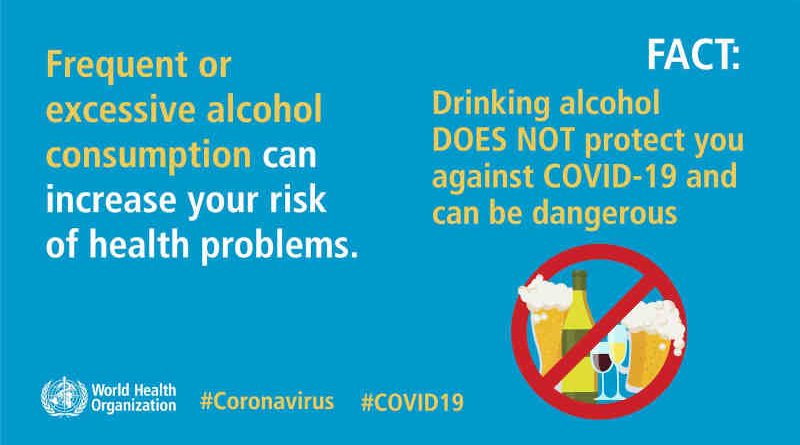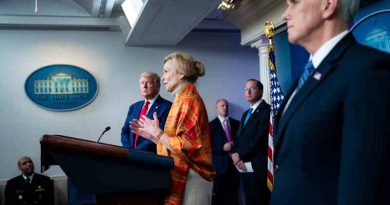WHO Mythbusters Counter the Spread of Rumors on Coronavirus

From selling fake coronavirus cures online to a cyberattack on hospitals’ critical information systems, criminals are exploiting the coronavirus (COVID-19) crisis, the United Nations has warned. The UN has also stepped up its fight against a proliferation of false information about the virus.
“We’re not just fighting an epidemic; we’re fighting an infodemic,” said Tedros Adhanom Ghebreyesus, Director-General of the World Health Organization (WHO), referring to fake news that according to him spreads faster and more easily than this virus.
WHO explains that infodemics are an excessive amount of information about a problem, which makes it difficult to identify a solution. They can spread misinformation, disinformation, and rumors during a health emergency. Infodemics can hamper an effective public health response and create confusion and distrust among people.
In response, a team of WHO “mythbusters” are working with search and media companies like Facebook, Google, Pinterest, Tencent, Twitter, TikTok, YouTube, and others to counter the spread of rumors.
[ Covid Health Bulletin Covers Global Coronavirus News and Views ]
The rumors include misinformation like that the virus cannot survive in the hot weather, that taking a high dose of chloroquine medication can protect you, and that consuming large quantities of ginger and garlic can prevent the virus.
These companies, according to news reports, are aggressively filtering out unfounded medical advice, hoaxes, and other false information that they say could risk public health. In a rare move, according to the UN, Facebook and Twitter have taken down a post from a head of State that falsely stated that a drug was working everywhere against the coronavirus.
The UN also says that criminals are disguising themselves as WHO representatives to steal money or sensitive information.






